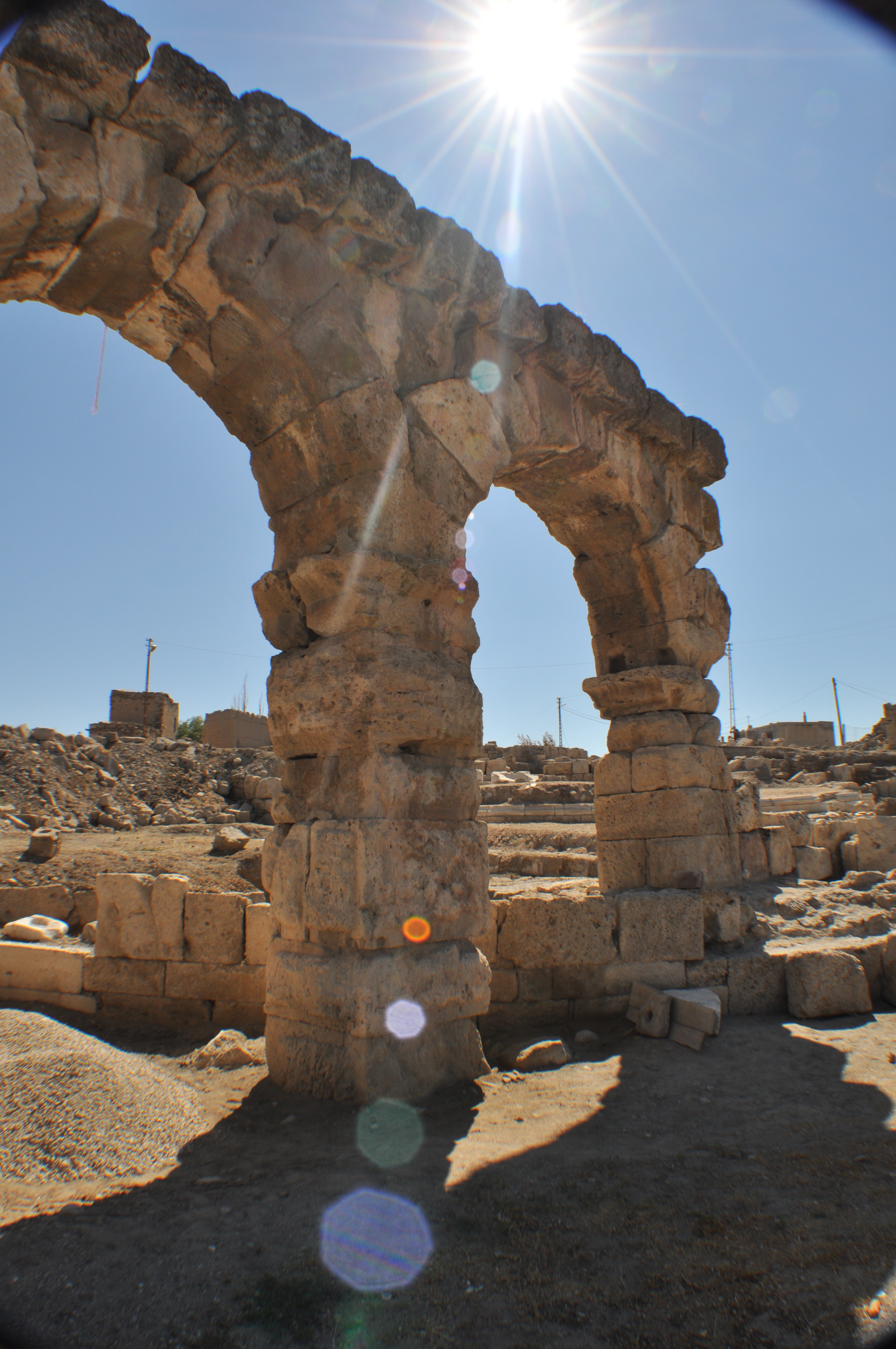Kemerhisar on:
[Wikipedia]
[Google]
[Amazon]
Kemerhisar is a
 The earliest name of Kemerhisar was ''Tuwanuwa''. It was an important
The earliest name of Kemerhisar was ''Tuwanuwa''. It was an important
 The main economic activity is agriculture. There are apple gardens and vineyards around the town. Onion and potato are also produced. Some Kemerhisar residents work in the sugar mill.
The main economic activity is agriculture. There are apple gardens and vineyards around the town. Onion and potato are also produced. Some Kemerhisar residents work in the sugar mill.
belde Belde (literally "town", also known as ''kasaba'') means "large village with a municipality" in Turkish.
All Turkish province centers and district centers have municipalities, but the villages (and also subdistricts) are usually too small to have ...
(town) in Niğde Province
Niğde Province ( tr, ) is a Provinces of Turkey, province in the southern part of Central Anatolia, Turkey. Population is 341,412 (2013 est) of which 141,360 live in the city of Niğde. The population was 348,081 in 2000 and 305,861 in 1990. It ...
, Turkey
Turkey ( tr, Türkiye ), officially the Republic of Türkiye ( tr, Türkiye Cumhuriyeti, links=no ), is a list of transcontinental countries, transcontinental country located mainly on the Anatolia, Anatolian Peninsula in Western Asia, with ...
Geography
Kemerhisar at is a part of Bor district of Niğde Province. Distance to Bor is and toNiğde
Niğde (; grc, Νίγδη; Hittite: Nahita, Naxita) is a city and the capital of Niğde province in the Central Anatolia region of Turkey at an elevation of 1,299 m. In 2017 the city population was 141,010 people.
The city is small with plenty ...
is . It is only west of Bahçeli another town of Niğde. The population is 5,348 as of 2011.
History
 The earliest name of Kemerhisar was ''Tuwanuwa''. It was an important
The earliest name of Kemerhisar was ''Tuwanuwa''. It was an important Hitite
The Hittites () were an Anatolian people who played an important role in establishing first a kingdom in Kussara (before 1750 BC), then the Kanesh or Nesha kingdom (c. 1750–1650 BC), and next an empire centered on Hattusa in north-centr ...
city on the way to Cicilian Gates in Toros Mountains
The Taurus Mountains ( Turkish: ''Toros Dağları'' or ''Toroslar'') are a mountain complex in southern Turkey, separating the Mediterranean coastal region from the central Anatolian Plateau. The system extends along a curve from Lake Eğirdir ...
. During the Hellenistic age, the name was Tyana
Tyana ( grc, Τύανα), earlier known as Tuwana (Hieroglyphic Luwian: ; Akkadian: ) and Tuwanuwa ( Hittite: ) was an ancient city in the Anatolian region of Cappadocia, in modern Kemerhisar, Niğde Province, Central Anatolia, Turkey. It was ...
. It was briefly the capital of Cappadocia
Cappadocia or Capadocia (; tr, Kapadokya), is a historical region in Central Anatolia, Turkey. It largely is in the provinces Nevşehir, Kayseri, Aksaray, Kırşehir, Sivas and Niğde.
According to Herodotus, in the time of the Ionian Revo ...
, the vassal of Roman Empire
The Roman Empire ( la, Imperium Romanum ; grc-gre, Βασιλεία τῶν Ῥωμαίων, Basileía tôn Rhōmaíōn) was the post-Republican period of ancient Rome. As a polity, it included large territorial holdings around the Mediterr ...
. Apollonius of Tyana
Apollonius of Tyana ( grc, Ἀπολλώνιος ὁ Τυανεύς; c. 3 BC – c. 97 AD) was a Greek Neopythagorean philosopher from the town of Tyana in the Roman province of Cappadocia in Anatolia. He is the subject of ''L ...
, a contemporary of Christ
Jesus, likely from he, יֵשׁוּעַ, translit=Yēšūaʿ, label=Hebrew/Aramaic ( AD 30 or 33), also referred to as Jesus Christ or Jesus of Nazareth (among other Names and titles of Jesus in the New Testament, names and titles), was ...
, was born in Tyana. The town was an important settlement during Roman Empire
The Roman Empire ( la, Imperium Romanum ; grc-gre, Βασιλεία τῶν Ῥωμαίων, Basileía tôn Rhōmaíōn) was the post-Republican period of ancient Rome. As a polity, it included large territorial holdings around the Mediterr ...
domination and the aqueduct, which is the symbol of the town, had been constructed by the emperors Trajan
Trajan ( ; la, Caesar Nerva Traianus; 18 September 539/11 August 117) was Roman emperor from 98 to 117. Officially declared ''optimus princeps'' ("best ruler") by the senate, Trajan is remembered as a successful soldier-emperor who presi ...
and Hadrian
Hadrian (; la, Caesar Trâiānus Hadriānus ; 24 January 76 – 10 July 138) was Roman emperor from 117 to 138. He was born in Italica (close to modern Santiponce in Spain), a Roman ''municipium'' founded by Italic settlers in Hispania B ...
. After the town was incorporated into the Seljuk Empire
The Great Seljuk Empire, or the Seljuk Empire was a high medieval, culturally Turco-Persian tradition, Turko-Persian, Sunni Islam, Sunni Muslim empire, founded and ruled by the Qiniq (tribe), Qïnïq branch of Oghuz Turks. It spanned a total are ...
in the 11th century, the Turks
Turk or Turks may refer to:
Communities and ethnic groups
* Turkic peoples, a collection of ethnic groups who speak Turkic languages
* Turkish people, or the Turks, a Turkic ethnic group and nation
* Turkish citizen, a citizen of the Republic o ...
called the city ''Kilisehisar'' (Churchfort). The name was later replaced by the name ''Kemerhisar'' (Vaultfort), referring to the historical Roman aqueduct within the town.
Economy
References